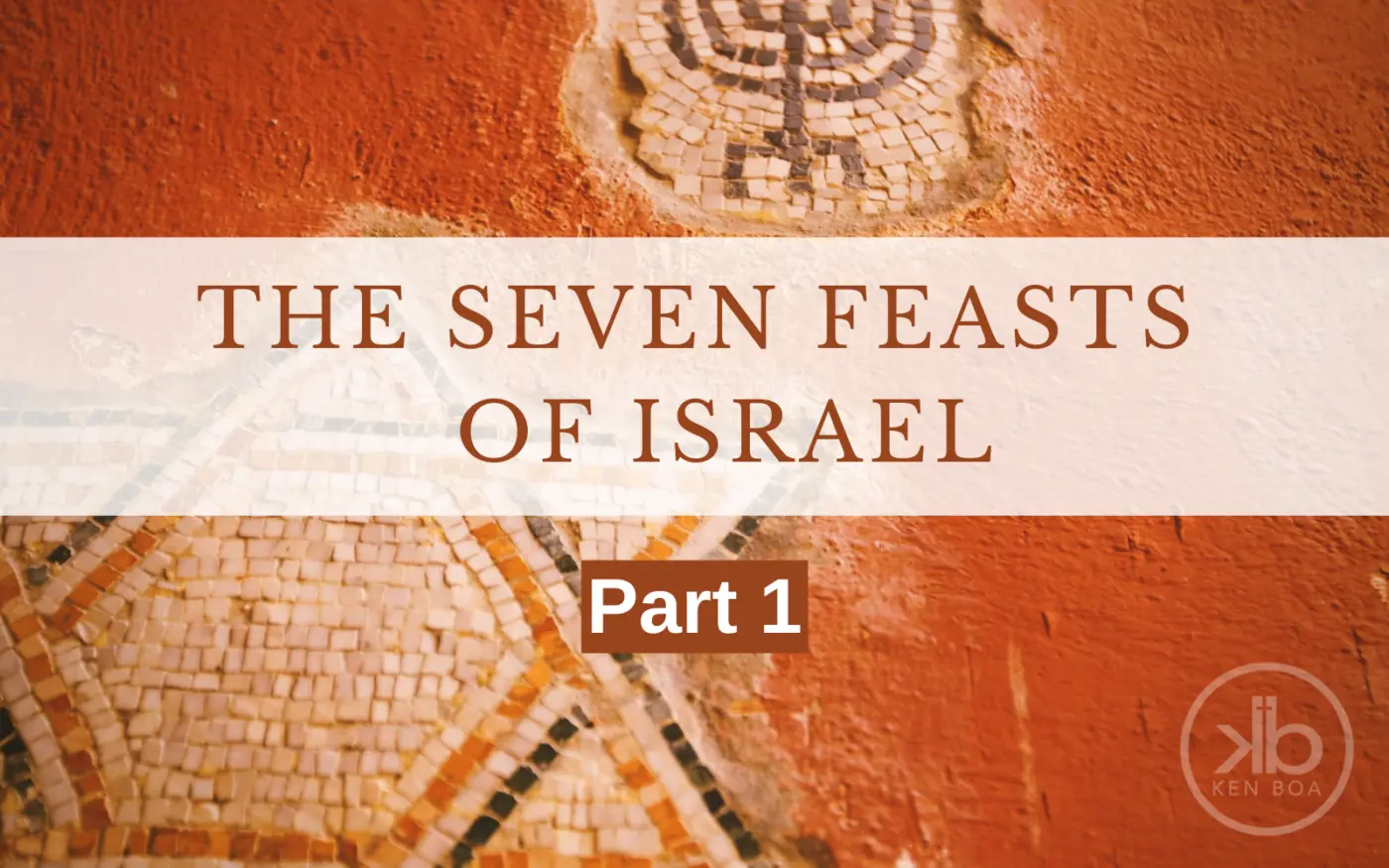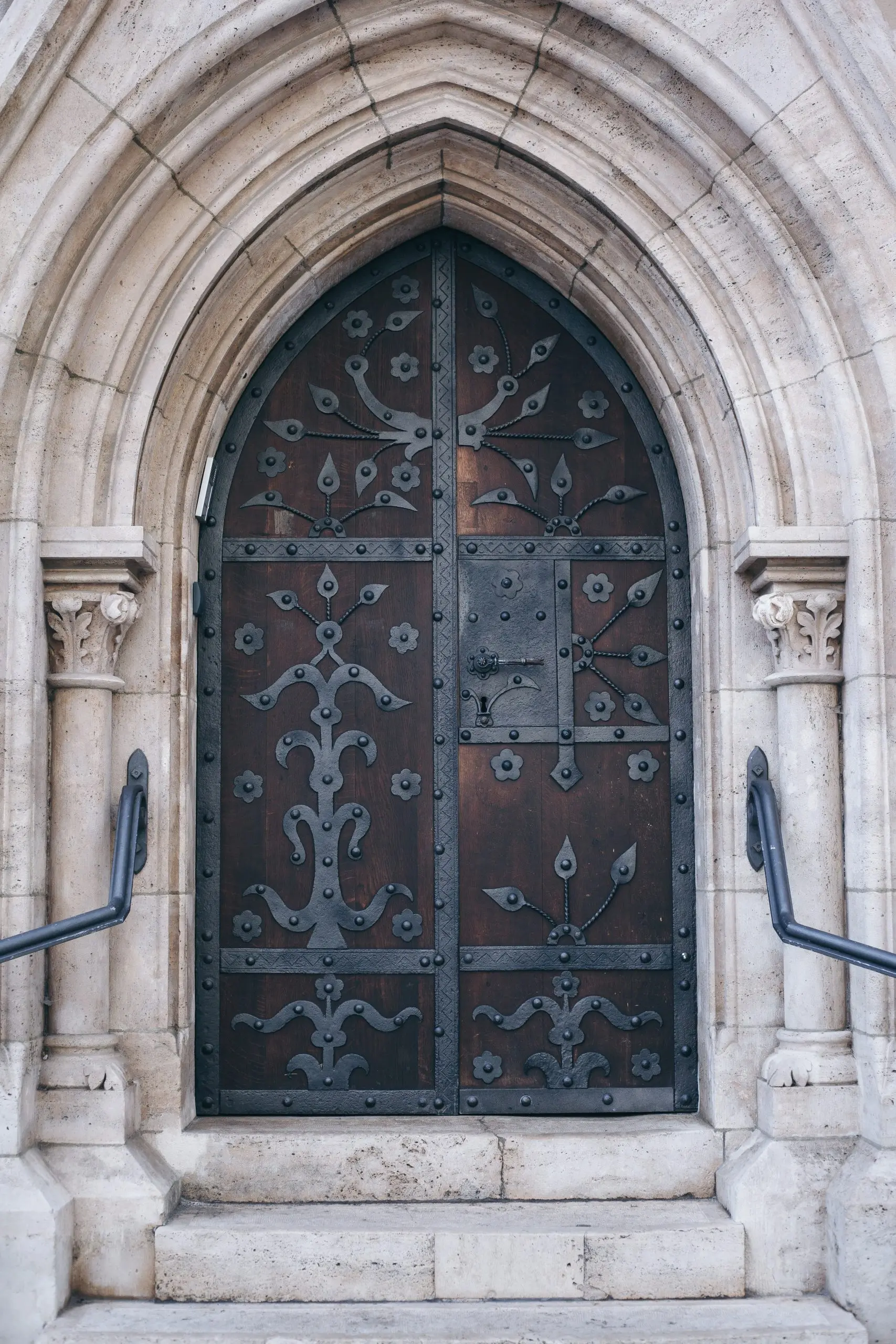At first, the seven feasts of Israel may not seem like something Christians need to worry about. But these feasts are prophetic, typifying the coming of the Messiah. Israel’s feasts demonstrate the holiness of God and the sinfulness of humanity, looking ahead to the efficacious sacrifice of Christ.
In order to understand these feasts, we must first look at the three types of law found in the Old Testament:
- Moral Law: This law shows us the sinfulness of humanity and how far we fall short of God’s holiness.
- Civil Law: These regulations relate to the polity of the nation of Israel.
- Ceremonial Law: A shadow of what is to come, this law points ahead to the fulfillment found in Christ.
Each type of law points forward to Christ in different ways. The feasts of Israel are a part of the ceremonial law, looking beyond themselves to the Messiah and his two advents (the incarnation and the second coming). We find them described in detail in Leviticus 23.
The four spring feasts focus on the first advent of the Messiah. These look at His death, burial, and resurrection, as well as the sending of the Holy Spirit:
- Passover
- Feast of Unleavened Bread
- Firstfruits
- Feast of Weeks
The three fall feasts focus on the second advent of the Messiah and point to what He will accomplish in the future.
- Feast of Trumpets
- Day of Atonement
- Feast of Tabernacles
Taken together, the feasts are a picture of how Christ has become our perfect Mediator. No longer do we need to repeat yearly festivals, because our High Priest has sacrificed Himself in order that we might have the forgiveness of sins and eternal life.
Click here for more information about Ken Boa’s Sunday Morning Study.



